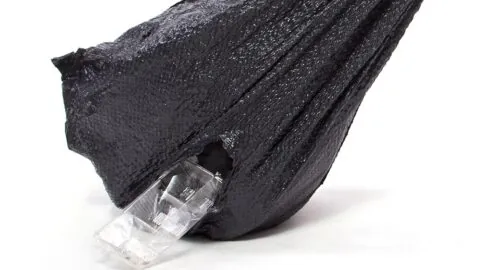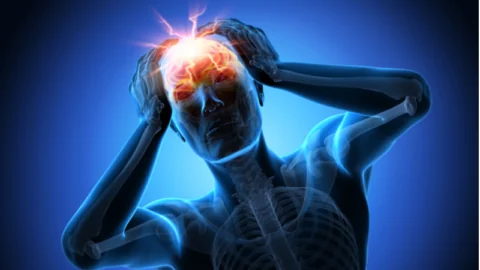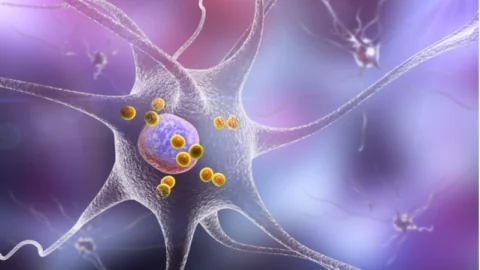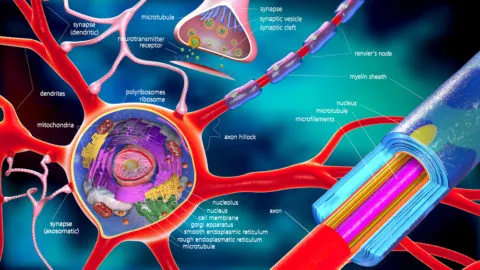January 15, 2024
A new paper elaborates on how and why microglia fail to clean up the α-synuclein protein of Parkinson's disease, gradually making the disease worse. The aggregation of Parkinson's Why we Age: Loss of ProteostasisThe loss of proteostasis is the failure of the protein building machinery of the cell and the accumulation of misfolded proteins, which...
September 19, 2022
In the Journal of Inflammation, researchers from Johns Hopkins University have published a detailed review of the relationship between brain inflammation and the principal diseases of dementia. A focus on genetics and environment One out of twenty Americans over 85 have Parkinson's disease [1], and seven out of twenty have Alzheimer's [2]. While genes are...
August 08, 2022
A team of researchers publishing in Nature Communications has described nanobodies that can destroy the α-synuclein aggregates that characterize Lewy bodies, which are associated with dementia and Parkinson's disease [1]. What are nanobodies? Traditional antibody therapies, while promising in some studies, are too large to enter cells in order to affect the aggregates there [2]....
January 13, 2022
A study published in Cell Reports has found α-synuclein, the fundamental protein of Parkinson's disease, to be critical in immune function. The gut-brain axis as a channel for disease Parkinson's disease, which causes damage to the portion of the brain responsible for movement, is widely known to be caused by the aggregation of α-synuclein. This...
June 20, 2018
An open-access paper published in Nature Communications sheds light on how an accumulation of α-synuclein protein in brain cells contributes to causing Parkinson’s disease. In particular, the researchers discovered how clumps of the protein damage important proteins on mitochondrial surfaces, leading to impaired energy production, swelling and bursting of the mitochondria themselves, and, ultimately, cell...





